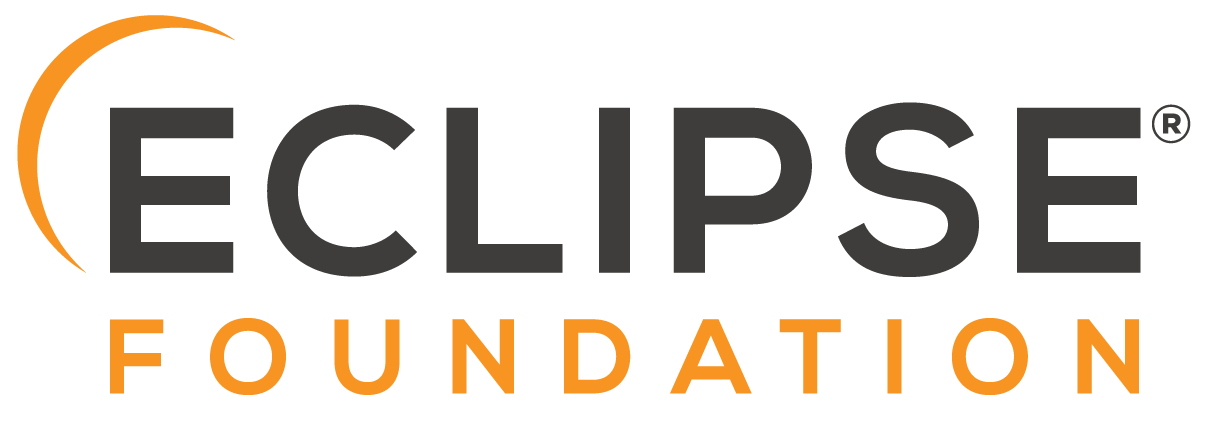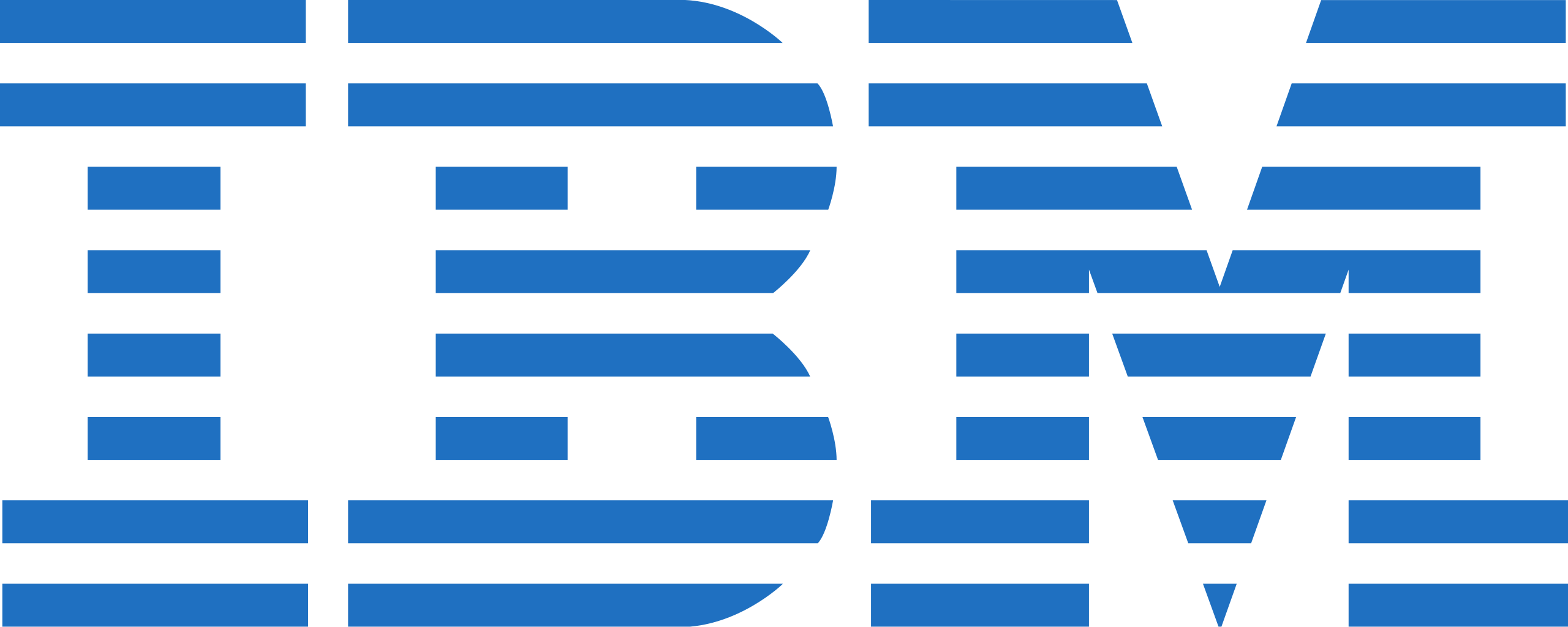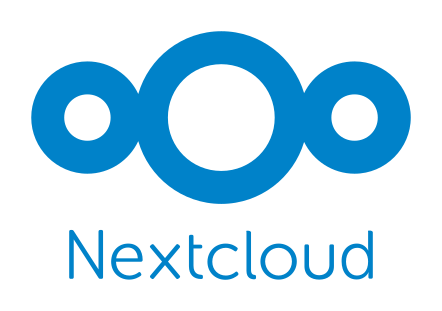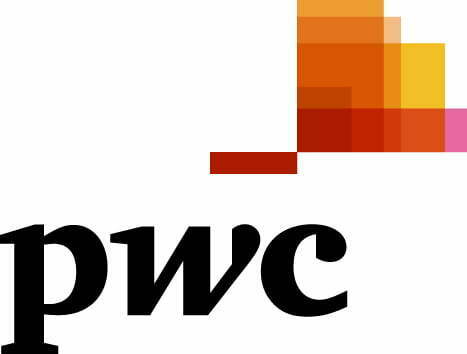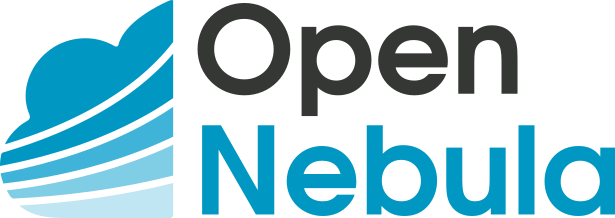February 4 2022 / 10:00 - 18:00 CET
The EU Open Source Policy Summit 2022
Open Source & the Grand Challenges
About the event
The grand challenges cannot be tackled by any company or country alone. Climate change, current and future pandemics, digital autonomy, market concentration, and reaching the UN’s Sustainable Development Goals are all pressing issues that underscore the need for new institutional set-ups. But the world’s stakeholders have not been idle: modes of collaboration at a completely new scale are needed to find solutions to complex problems. This takes place in a day-to-day reality that is increasingly digital, where software is ubiquitous, and while we see increased concerns over autonomy in a multi-polar world.
Open Technologies and Open Source are at the heart of this new reality and are a source for optimism. ‘Open’ lowers the barriers to competition, delivers collaborative innovation, increases welfare, while letting end-users maintain control and autonomy. Open and collaborative digital innovation is no longer a theoretical concept. It is the modus operandi of companies and countries that engage at the cutting edge of the technological and societal innovation needed to tackle the grand challenges.
2022 will be the eighth year OpenForum Europe hosts its Open Source policy event right before FOSDEM. This will be a fully online event. What started as a 10-person meeting of minds on the then-niche subject of Open Source policy is now a successful annual gathering of policymakers, Open Source businesses, community members, developers, foundations and those involved with diverse digital policy subjects. Take a look at the sessions and recordings from the 2021 Summit.
Sessions & Recordings
OFE Welcome
Welcome address by the European Commissioner for Budget and Administration
Keynote
Building Public Sector Capacity: Open Source and Digital Sovereignty
In several EU member states’ public administrations, open source and open standards have received increased attention as a potential tool to deal with the challenge of digital autonomy. Open technologies help to increase control and correct over-dependence of a few vendors when managing critical IT infrastructures.
In this panel, the speakers will outline their view of the challenges at hand, such as deploying open source at scale, building community, education, financing of critical/fragile projects, and discuss the different strategies related to leveraging open technologies to achieve digital sovereignty. National efforts related to open source and open standards will be described, with a particular focus on the concept of the Open Source Programme Office. This topic will then be brought into the context of how to build capacity to use and deploy open technologies in the public sector and what role European and global collaboration and network building matters to success.
Break
EU Digital Covid Certificates: How Open Source Opened Europe
The Covid 19 pandemic made it necessary to look for ways to protect people, and to look for ways to support a return to what was referred to as the “new normal” from a Europe that has been struck with lockdowns and confinement. Two key tasks evolved for digital technologies to provide solutions: contact tracing and proof of vaccination and immunity. Policymakers and software engineers started working on these digital tools. The product description of what was required was relatively straightforward: build and roll out a trusted digital certificate fast that is interoperable across borders. The challenge: a digital public service had never before been rolled out at this scale.
In this panel, the speakers will tell the story of what is arguably the best case study in recent years of what value open source brings to European digital public services. The successful roll out of the Covid passes shows how the malleability and flexibility of open source has particular relevance to Europe. The panel will use the success story of the covid passes as a vantage point to look to the future. In what other ways can open source public services bring Europe and the Europeans together? What is it that makes ‘open’ the key to a digital Europe that is truly cross-border? And are these benefits limited to the public sector or for that matter to Europe?
Lunch Break
Securing the Software Supply Chain
The security and integrity of Open Source software, and the supply chain that supports it, are increasingly recognized as a critical digital infrastructure for society as a whole, and government awareness is raising about its national security implications. How might public sector resources and policies, and private sector collaboration, contribute to improving security in the software supply chain, without threatening the vibrant creative processes in OSS that have created so much public value?
Keynote
Minister Montchalin: Report from the French Presidency
The Simple Economics of Open Source: 20 Years
It has been 20 years since the publication of ‘Some Simple Economics of Open Source’ by Josh Lerner and Jean Tirole, marking an important step in the growing impact and importance of open source.
During this session the panelists will discuss if the motivations for individuals and companies to contribute to OSS have changed over 20 years and how measuring open innovation has evolved ever since.
Open Hardware and Chip Shortages
The European Union has experienced chip shortages which affected businesses, citizens and researchers alike. EU’s dependency in the critical area of semiconductors is a challenge that needs to be solved by collaborative action on technological, business and policy sides.
European policymakers have started to increase the ambition to strengthen the European semiconductor industry and the region’s critical digital infrastructures, products and services. Open chips have the potential to be beneficial in terms of their adaptability, speed and potential for increasing digital sovereignty in several sectors, including automotive industry, edge computing, data storage solutions, aerospace, energy or health. There is a need to leverage these benefits and allow European industrial partners to innovate and become major players in this competitive market. In this session, our speakers will discuss if openness can support these goals and provide for a less fragmented and more innovative semiconductor landscape in the EU.
Break
Keynote
Open Source & the Green Transition
Climate change and the green transition is the grandest challenge facing us today. As the European Commission has stated, “Europe must leverage the potential of digital transformation, which is a key enabler for reaching the Green Deal objectives”. With open source making up the majority of code today, it will be crucial for achieving efficiencies at scale. Beyond the code itself, new ways of working in an open culture is fundamental to drive change at scale and speed. For us to navigate fast and at scale to tackle its complexities we need to rethink how we work together. No company or nation state can face this alone.
Our panelists will speak about the new ways to enable open collaboration, with a particular focus on the energy and data center sectors, where open technologies already play a large role in driving change.
Open Source and the Grand Challenges
The European Commission’s study on the economic impact of open source suggests that there are large benefits associated with investments into open source – not just for an individual company, but at a societal level. At the same time, Europe is in the process of rolling out some of the largest public investment schemes in recent history with much of it focused on digital transformation. Adding to this, industrial policy is back in the political discourse.
The speakers of this panel will take a broad societal perspective, and discuss questions such as: What could an industrial policy for open source look like? Is it even desirable? What would it aim to achieve?
Moreover, looking at some of the large societal challenges we face today globally, many of whose solutions critically depend on collaboration. When identifying those challenges, the panelists will discuss what we can learn from or where we could even use open source as a common collaboration infrastructure?
Speakers
-
Natalia Aristimuño Pérez
DIRECTOR OF DIGITAL SERVICES, EUROPEAN COMMISSIONMore -
Brian Behlendorf
GENERAL MANAGER, OPEN SOURCE SECURITY FOUNDATION, THE LINUX FOUNDATIONMore -
Luca Benini
FULL PROFESSOR OF ELECTRONICS AT THE UNIVERSITY OF BOLOGNAMore -
Frederik Blachetta
PARTNER AND MANAGING DIRECTOR, PWC STRATEGY& GERMANYMore -
Knut Blind
PROFESSOR FOR INNOVATION ECONOMICS AT TU BERLINMore -
Francesca Bria
PRESIDENT OF THE ITALIAN NATIONAL INNOVATION FUND, CDP VENTURE CAPITALMore -
Amanda Brock
CEO, OPENUKMore -
Ebrahim Bushehri
CEO, LIME MICROSYSTEMSMore -
Roberto Di Cosmo
FOUNDER AND DIRECTOR OF SOFTWARE HERITAGE, INRIA AND UNIVERSITY OF PARISMore -
Clare Dillon
EXECUTIVE DIRECTOR, INNERSOURCE COMMONSMore -
Shuli Goodman
FOUNDER AND EXECUTIVE DIRECTOR, LF ENERGYMore -
Bastien Guerry
CHIEF OF THE FREE SOFTWARE UNIT AT ETALAB, DINUM, FRANCEMore -
Johannes Hahn
EUROPEAN COMMISSIONER FOR BUDGET AND ADMINISTRATIONMore -
Andrew “bunnie” Huang
EngineerMore -
Pia Karger
HEAD OF DIRECTORATE-GENERAL DG – DIGITAL SOCIETY, INFORMATION TECHNOLOGY, FEDERAL MINISTRY OF THE INTERIOR, BUILDING AND COMMUNITY, GERMANYMore -
Frank Karlitschek
CEO, NEXTCLOUDMore -
Andrew Katz
MANAGING PARTNER AND HEAD OF TECH AND IP, MOORCROFTSMore -
Julia Hess
PROJECT MANAGER, TECHNOLOGY AND GEOPOLITICS, STIFTUNG NEUE VERANTWORTUNGMore -
Josh Lerner
JACOB H. SCHIFF PROFESSOR OF INVESTMENT BANKING, HARVARD BUSINESS SCHOOLMore -
Shelley McKinley
CHIEF LEGAL OFFICER OF GITHUBMore -
Mike Milinkovich
EXECUTIVE DIRECTOR, ECLIPSE FOUNDATIONMore -
Amélie de Montchalin
MINISTER OF PUBLIC SECTOR TRANSFORMATION AND THE CIVIL SERVICE, FRANCEMore -
Sachiko Muto
CHAIRMan, OPENFORUM EUROPEMore -
Frank Nagle
ASSISTANT PROFESSOR OF BUSINESS ADMINISTRATION, HARVARD BUSINESS SCHOOLMore -
Astor Nummelin Carlberg
EXECUTIVE DIRECTOR, OPENFORUM EUROPEMore -
Rashik Parmar
CTO for EMEA, IBMMore -
Gerald Pfeifer
CTO, SUSEMore -
Ron Roozendaal
DIRECTOR OF INFORMATION POLICY AND CIO, DUTCH MINISTRY OF HEALTH, WELFARE AND SPORTMore -
Hans Roth
SVP AND GENERAL MANAGER EMEA, RED HATMore -
Andrea Servida
HEAD OF UNIT, KNOWLEDGE MANAGEMENT & INNOVATIVE SYSTEMS AT DG CNECT, EUROPEAN COMMISSIONMore -
Maria Francesca Spatolisano
ACTING ENVOY ON TECHNOLOGY, UNITED NATIONSMore -
Jim St. Clair
EXECUTIVE DIRECTOR, LINUX FOUNDATION PUBLIC HEALTHMore -
Mark van Stiphout
DEPUTY HEAD OF UNIT B5 – INNOVATION, RESEARCH, DIGITALISATION, COMPETITIVENESS, EUROPEAN COMMISSIONMore -
Graham Taylor
EMERITUS CHAIRMAN, OPENFORUM EUROPEMore -
Helen Turvey
EXECUTIVE DIRECTOR, SHUTTLEWORTH FOUNDATIONMore -
Henri Verdier
AMBASSADOR FOR DIGITAL AFFAIRS, MINISTRY FOR EUROPE AND FOREIGN AFFAIRS, FRANCEMore -
Marie Wallace
SOLUTION ARCHITECT, IBM DIGITAL HEALTH PASSMore
)
)
)
)
)
)
)
)
)
)
)
)
)
)
)
)
)
)
)
)
)
)
)
)
)
)
)
)
)
)
)
)
)
)
)
)
)

